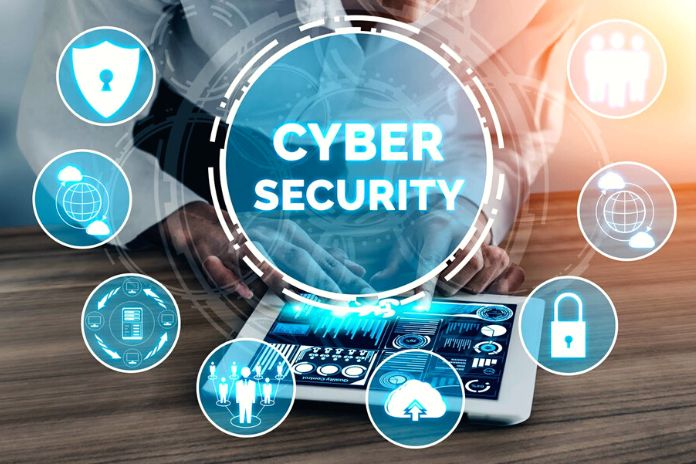How to Support the Employees in the Event of a Cyberattack?

A Cyberattack strongly affects an organization and its activity, some may be afraid to resume using the computer tool. How to explain it and support the people concerned? A cyber attack can be experienced to varying degrees as an attack, an attack or a hostage-taking in real life. A psychological shock takes place, and the countermeasures to be put in place must be substantially the same.
The Psychological Effects Of An Cyberattack
The effects of a cyberattack on individuals tend to be ignored. Indeed, crisis management teams tend to focus their actions on the organization to be implemented to repair an IT infrastructure, communicate to the press, and assess the financial impact. But the human being almost systematically left the equation. Yet often, he is also a victim. And the effects of an attack, phishing, and social engineering can be devastating to the individuals who served as vectors or gave in for fear of reprisals.
Looking more closely at the possible effects, we very often arrive at the same conclusions as when a person is robbed: the feeling of violation of privacy returns almost systematically. Not only have our computers or phones been visited, often looted and sometimes destroyed, but they will also be confiscated as part of the investigation. And this feeling of violation is reinforced by a feeling of vulnerability.
In social engineering, for example, the attacker extracted information after an investigation, after searching everywhere to learn everything from us. He found the loophole; he manipulated us using a whole series of cognitive biases.
Take this Into Account without Delay
Some victims will feel shame and embarrassment because they were fooled and allowed criminals to carry out their attacks. Some will even show anger, wanting to take justice into their own hands. Depending on the personalities, the reactions can be multiple. Others will be terrified, overwhelmed by the feeling of having done wrong, misbehaved, or committed a serious fault with perhaps a sanction.
And, for many, the fear of being victimized again is omnipresent. It is essential to deal with this subject as soon as possible. A cyberattack can be experienced as an objective trauma depending on the personality. We have seen the feelings of each, but there is a parallel series of different reactions such as stress, reminiscences, nightmares, insomnia, irritability, fear and anxiety, violence, and dependence.
In some people, these symptoms will disappear over time; for others, it is the opposite; they will increase. And in the same way that support teams have been created for communication, posture, etc., within the cyber crisis cells, psychological support cells must be created for the victims within the same crisis cells.
How To Accompany After a Cyberattack?
It is challenging to produce a list of advice of the “to-do list” type, but here are some practices that seem essential to me:
- Limit the number of interviews to avoid the parade of interviewers who force the victim to talk about their trauma many times;
- Define a single point of contact who will be the point of reference for the victim. And who will be able to answer their questions without the latter having to repeat the situation several times.
- Define who will be the interviewers and do what is necessary to prevent the hierarchical notion from taking over and blocking the victim. Ensure that the people in direct contact with the victim are limited to one or more representatives of human resources, a colleague, a person from the medical service, etc.
- Train interviewers in this type of situation so that they know how to use the proper methods as quickly as possible. They will have to adapt their speech according to the victim, and it is essential to avoid any additional stress.
- Human resources must be able to reassure that the company supports its collaborator. The investigators will have to show tact, gentleness and understanding. Under no circumstances should they judge.
- Patience is key. You must listen and answer the victim’s questions in clear language. There is no question of having overly technical language, computer or legal jargon.
- Please don’t leave it in the dark, be transparent and communicate. Victims must be quickly advised and reassured. Reassured that they are victims and not accused. Advised on the steps to follow if legal action should be ordered.
- Set up psychological, legal, financial and also technical support and follow-up. Many victims don’t know what happened. And want to know, want to understand how not to fall into the trap again. And then, sometimes, you have to help them recover their data, and it’s very often technically complicated.
Conclusion:
As we can see through all these points, a cyber attack often generates a kind of post-traumatic shock that can devastate the victims. Some will find it extremely difficult to return to work, knowing they are vulnerable in their position. It is essential to consider this dimension and treat it with the greatest benevolence. Nothing is trivial in our world anymore.
Read Also: Cutting-Edge Multi-Faceted Security For Maximum Protection


